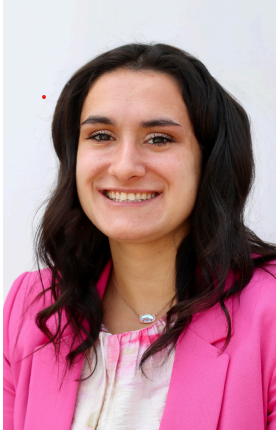Psychogenic non-epileptic seizure
How to recognize a psychogenic non-epileptic seizureA psychogenic non-epileptic seizure (PNES) is also known as a functional seizure. Psychogenic non-epileptic seizure (PNES) presentation can be concerning to parents as their child's presentation can resemble an epileptic disorder seizure. PNES can
What is POTS?
What is POTS? POTS is an abbreviation that stands for postural orthostatic tachycardia syndrome. Thismeans that the body is unable to regulate its heart rate and blood pressure properly in responseto body position changes, such as going from sitting to standing.
Generalized Seizure Do’s & Don’ts – Author: Austin “Raj” Watson, OMS IV
Author: Austin "Raj" Watson, OMS IV ATSU Kirksville College of Osteopathic Medicine, 2026 Seizures can be a frightening and unexpected experience, especially for many families whowitness their child have a seizure for the first time. Seizures typically last from seconds tominutes and can
Nurturing resilience
Understanding Anxiety in Children and Effective Management Strategies Anxiety in children is a prevalent yet often overlooked concern that can significantly impact a child's emotional well-being and overall development. Recognizing the signs, understanding potential triggers, and implementing effective management strategies
Navigating headaches
The Impact of Lifestyle Changes Headaches, a ubiquitous affliction, can be disruptive and debilitating, affecting individuals of all ages and backgrounds. While pharmaceutical interventions offer relief, lifestyle changes play a pivotal role in preventing and managing recurrent headaches. Understanding the
Febrile seizures
Febrile seizures, convulsions triggered by high fever, commonly affect children between the ages of six months and five years. Although alarming for parents, these seizures are usually brief and rarely cause lasting harm. The underlying cause is often a sudden








